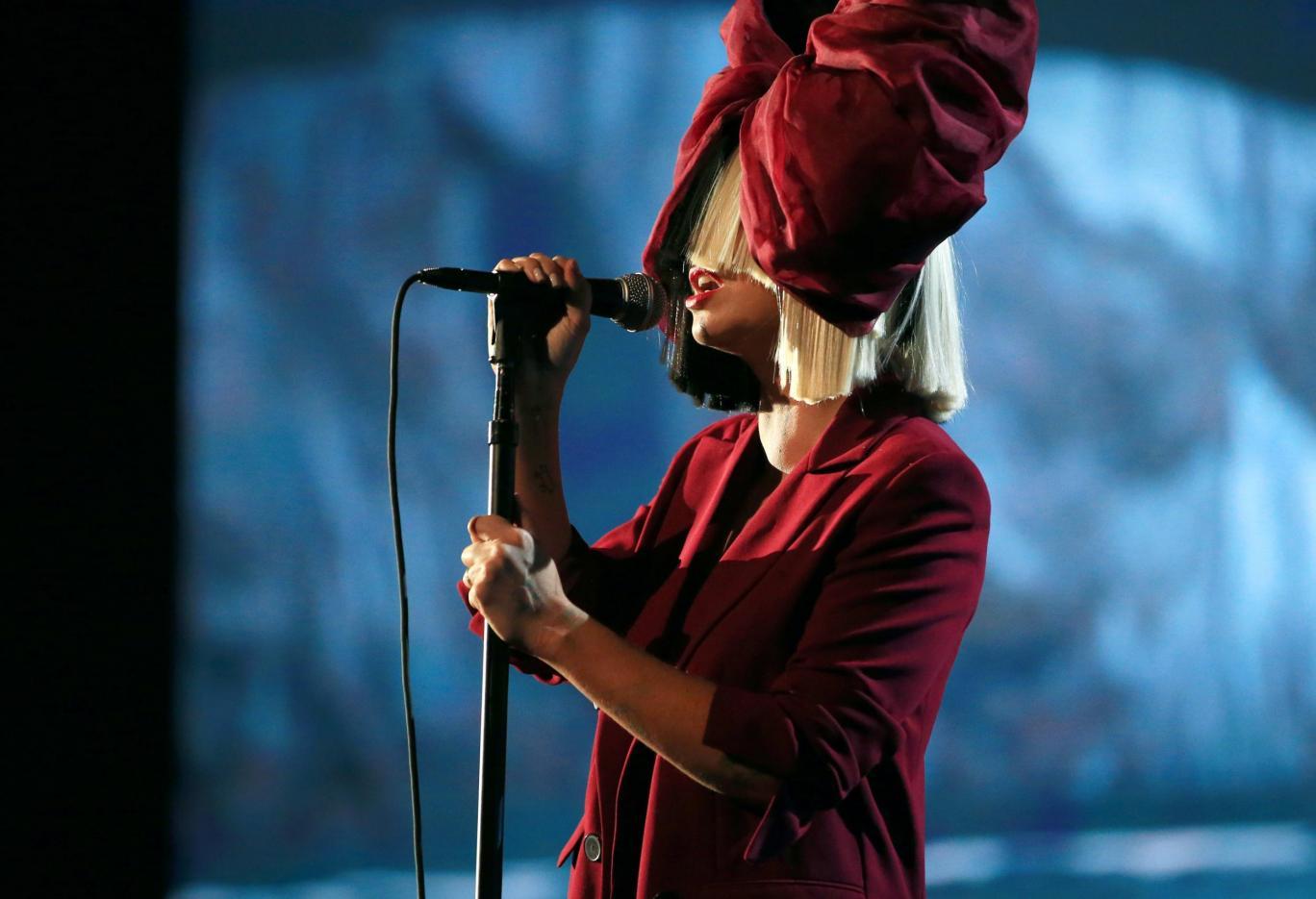When Sia shared her own naked picture she made a stand for women everywhere – but she shouldn't have had to
We usually consider consent in the context of intimate relationships or harassment, but leakage of nude photographs is an emerging problem that needs to be taken just as seriously as other violations

On discovering a naked photo of herself was being sold online, singer Sia decided to take matters into her own hands. She made the powerful decision to share the uncensored photo on Twitter to her 3.3 million followers.
In doing so, she sacrificed her own privacy to ensure that whichever unscrupulous paparazzo shot the image couldn’t profit off a blurry photo of her behind. It’s a decision that doubtless wasn’t taken lightly, and as well as lauding Sia for her bravery in handling the situation, we should examine and condemn the circumstances that have normalised such invasions into the privacy of (particularly female) celebrities.
It’s no wonder that Sia has – until now – been famously private, shying away from the limelight even as her career peaked to stellar heights. Female celebrities are often aggressively sexualised – it’s almost regarded as par for the course in 2017.
It’s like a deal with the devil: once you hit a certain number of followers, nothing is sacred. Media battle for access to every inch of your private life, with no conscience but the drive to be the one to get the scoop. This is the same media machine that clamoured for the first upskirt shot once Emma Watson turned 18, and now thrives off creepy admiration for 13-year-old Stranger Things actress Millie Bobby Brown.
That this photo was taken at all ties into a broader culture, not just of invading the privacy of celebrities, but of a desire to sexualise each and every woman in the public eye. As women, our worth is constantly measured through our bodies and our perceived “sexiness”.
Talent and hard work never seem able to negate this. It doesn’t matter to whoever took that photo that Sia is one of the most talented and successful songwriters of a generation; it matters that she has boobs and a bum and hasn’t seen fit to share those yet on her own terms.
This systematic sexualisation of women sees them vilified and demonised whatever course of action they take. Those who choose to share explicit photos are deemed sluts, or looking for attention. Those who refuse to play ball, or who are too young to consent in the first place, are hounded by paparazzi or – like Jennifer Lawrence – have their private photos hacked in order to get the goods.
Sia’s naked photo was taken and originally shared without her consent. We usually consider consent in the context of intimate relationships or harassment, but leakage of nude photographs is an emerging problem that needs to be taken just as seriously as other violations. Like all of these examples, it sexualises victims against their will, often in a public domain.
There are laws governing the non-consensual sharing of intimate photos or so-called “revenge porn” in the UK. For photos taken by an individual, rather than paparazzi shots like Sia’s, victims can potentially sue for copyright infringement. The Crown Prosecution service has made it clear that existing obscenity laws have scope for prosecution of perpetrators, but these laws tend to be purposed against individuals rather than the international organisations that are perhaps the most common offenders. Being the nebulous establishment that it is, “the media” is able to get away with so much due to the anonymity its breadth provides.
Whilst Sia did choose to share the photo herself in this instance, it’s fair to say she was coerced into doing so. Her options were limited – once a photograph is circulating online, damage control is almost impossible.
Publicly tweeting the image devalued it for those selling it, making it the only course of action to return power to the singer from those exploiting her. It is important to remember, though, that coercion is not consent. By definition, consent must be freely given. This applies to all expressions of sexuality, and photos like this are no exception.
No one should have to find themselves in this situation: caught between a rock and a hard place, forced, like Sia, to share photographs against their will. We need to work harder to respect the consent and protect the privacy of our female celebrities, and to foster a culture where this behaviour is not only condemned, but prevented from happening in the first place.

Join our commenting forum
Join thought-provoking conversations, follow other Independent readers and see their replies